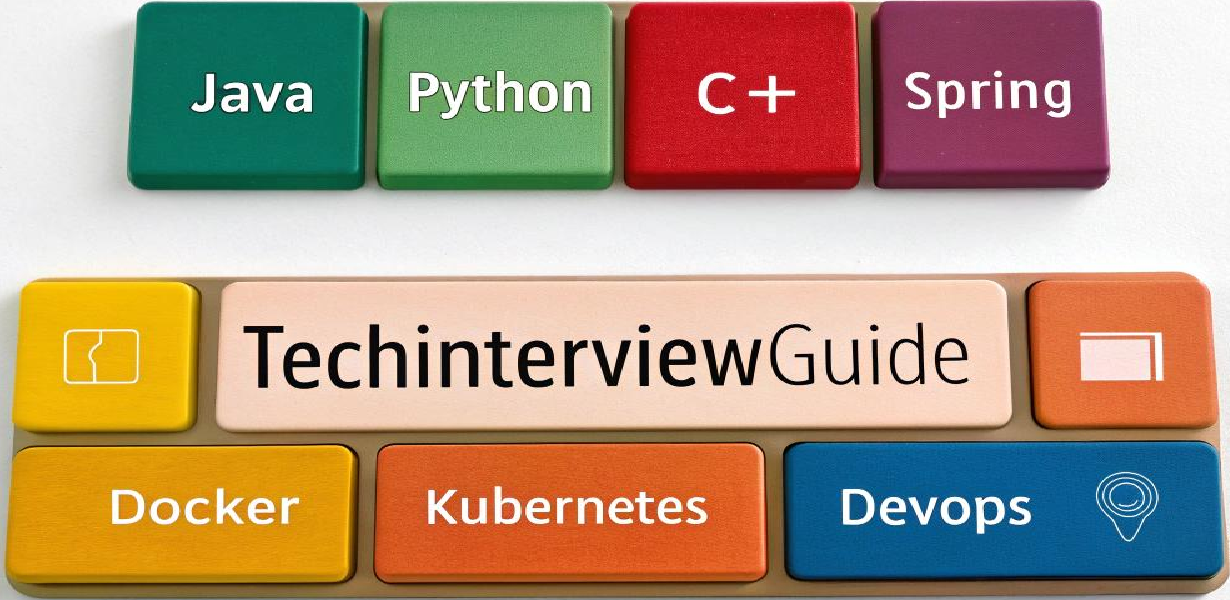Java has introduced Lambdas to simplify the way we write code by embracing a functional programming paradigm. While Lambdas are powerful tools for improving the readability and conciseness of your code, they can also introduce unintended side effects if not used properly. These side effects can lead to bugs that are difficult to track and fix.
In this guide, we will explore how to avoid side effects when using lambdas in Java. We’ll provide concrete examples, discuss best practices, and explain the importance of side-effect-free operations in Java Lambda expressions. Whether you are a beginner or an experienced developer, understanding how to handle side effects properly will improve the quality of your code.
What are Side Effects in Java Lambdas?
A side effect is an unintended modification of a program’s state or behavior caused by an operation. When using lambdas, side effects typically occur when the lambda expression modifies variables outside its scope, making the behavior of the lambda dependent on external factors.
In functional programming, it is preferred to avoid side effects because they can make code unpredictable and harder to maintain. In Java, lambda expressions allow for the creation of concise, functional-style code, but side effects can still creep in if the lambda interacts with mutable state outside its scope.
Common Causes of Side Effects in Java Lambdas
Side effects in lambdas usually arise from the following causes:
- Mutable Variables: Modifying variables from an outer scope inside a lambda expression.
- Stateful Operations: Using shared mutable resources or modifying external objects.
- Non-Referential Transparency: A lambda that depends on external state, which may change during execution.
Best Practices to Avoid Side Effects
1. Prefer Final or Effectively Final Variables
Lambda expressions in Java can only access variables that are final or effectively final. This means that once the variable is assigned a value, it cannot be modified in the surrounding scope.
int value = 10;
Runnable r = () -> System.out.println(value);In this example, the lambda accesses the variable value without modifying it. If you tried to modify value inside the lambda, it would result in a compilation error. This helps avoid unintended side effects by ensuring that lambdas work with stable, unchanging values.
2. Avoid Modifying External State Inside Lambdas
Modifying external variables, collections, or mutable objects inside lambdas can lead to side effects. If lambdas change external state, it can result in unexpected behavior, especially when lambdas are passed to other parts of the code. It is best to treat lambda expressions as pure functions that do not change the program’s state.
List numbers = Arrays.asList(1, 2, 3, 4);
numbers.forEach(n -> n += 2); // BAD: Modifying n inside the lambda Instead, you should avoid such modifications and instead create new objects or use functions that return new values without modifying existing ones:
List updatedNumbers = numbers.stream()
.map(n -> n + 2)
.collect(Collectors.toList()); // GOOD: No modification of original list 3. Use Immutable Objects
To avoid accidental modification, prefer using immutable objects inside lambda expressions. Immutable objects are those whose state cannot be modified after creation. This prevents side effects because the object remains unchanged, regardless of how it is used in different lambdas.
class Person {
private final String name;
private final int age;
public Person(String name, int age) {
this.name = name;
this.age = age;
}
public Person withAge(int newAge) {
return new Person(this.name, newAge); // Returns new immutable object
}
}In the code above, the Person class is immutable. When we change the age of a person, instead of modifying the original object, we create a new one with the new age.
4. Use Pure Functions Inside Lambdas
A pure function is a function that, given the same input, always produces the same output and does not modify any state. When using lambdas, you should aim to use pure functions to ensure there are no side effects. This can be achieved by avoiding any reliance on or modification of external variables or states within the lambda expression.
Function square = x -> x * x; // Pure function Here, the lambda expression is purely based on its input and does not affect any external state, making it free from side effects.
5. Use Functional Interfaces Properly
In Java, lambdas typically implement functional interfaces, which are interfaces with a single abstract method. These interfaces are often used for operations that should not modify any state. By properly using functional interfaces, you ensure that your lambdas remain predictable and side-effect-free.
@FunctionalInterface
interface Transformer {
int transform(int x);
}In this case, the functional interface Transformer represents a transformation that does not modify external state.
6. Use the Stream API for Safe Transformations
Java’s Stream API provides a robust mechanism for functional-style operations on collections. Since streams are designed to avoid side effects, using them can help you write more predictable and side-effect-free code. For instance, methods like map and filter do not modify the original collection but return a new transformed collection.
List numbers = Arrays.asList(1, 2, 3, 4, 5);
List doubledNumbers = numbers.stream()
.map(n -> n * 2)
.collect(Collectors.toList()); The original list remains unmodified, and a new list with the transformed values is returned, ensuring no side effects.
Conclusion
While lambdas in Java can make your code more concise and expressive, it is crucial to avoid side effects to maintain readability and reliability. By following the best practices outlined in this article, such as using immutable objects, avoiding external state modifications, and embracing pure functions, you can write safer and more maintainable code. Always strive for side-effect-free lambdas, and you will ensure that your code remains clean and easy to understand.

